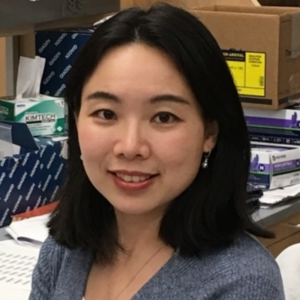The McDonnell International Scholars Academy is pleased to announce the recipients of the 2021 Global Incubator Seed Grants. Fifteen research teams from five WashU schools working across different disciplines have been selected to receive funding. The program aims to stimulate high-impact research initiatives linking WashU faculty and international collaborators. These projects are expected to lead to next-stage funding, publications, and deeper ties between WashU and our partners around the globe.
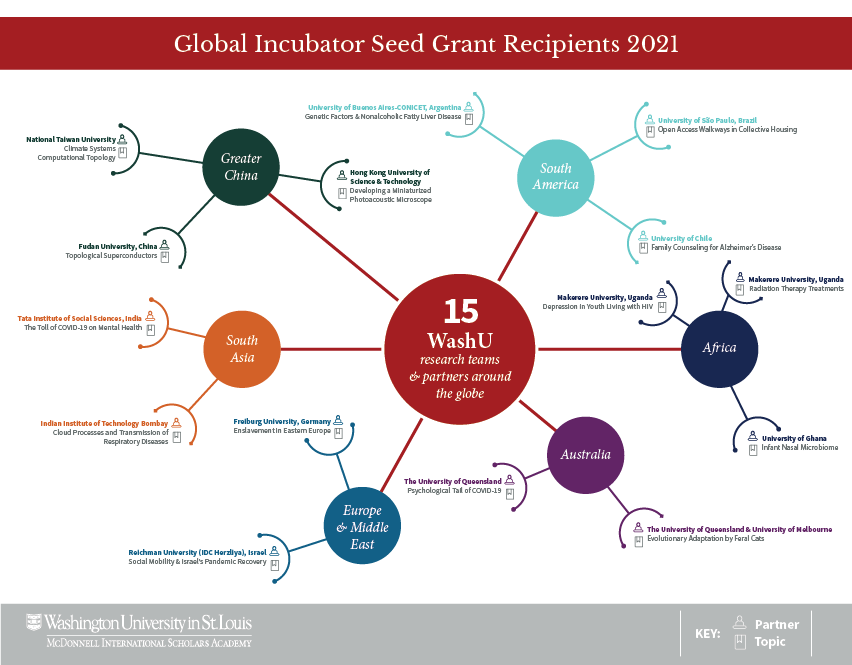
Read the Global Incubator Seed Grants Summary
View 2021 Seed Grant recipients
Africa
Mobile Health Intervention to Address Depressive Symptoms among Youth Living with HIV
Partner institution: Makerere University, Uganda

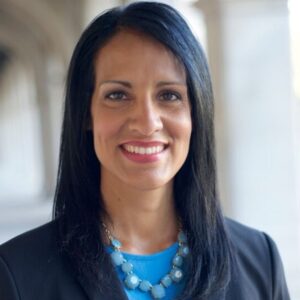
Youth between 15-19 years are disproportionately affected by HIV in sub-Saharan Africa (SSA). Mental health disorders such as depression are particularly common among youth living with HIV (YLHIV) and contribute to poor HIV treatment outcomes. Addressing mental health conditions is a major challenge in SSA with up to 85% of serious mental health disorders left untreated. Strategies centered on improving mental health outcomes among YLHIV are critical and hold the potential to improve HIV treatment outcomes such as retention in care and antiretroviral therapy adherence. The research team will conduct formative work (focus groups with YLHIV and providers) to inform the development of an mHealth intervention protocol for depressed YLHIV (ages 14-17) in the Masaka region in Uganda. Their overarching goal is to develop a culturally appropriate, feasible, acceptable and cost-effective intervention to address depression and improve treatment outcomes among YLHIV in low-resourced settings.
![]() Rapid Deployment of Radiation Therapy Treatments in Uganda
Rapid Deployment of Radiation Therapy Treatments in Uganda
Partner institution: Uganda Cancer Institute, Makerere University, Uganda
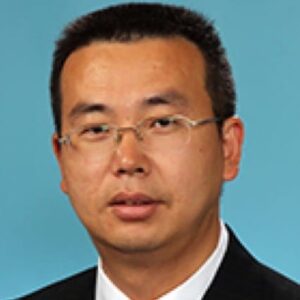
It is predicted that there will be 24 million new cancer cases per year in 2030 globally, with 75% of cancer deaths in the developing world. Radiotherapy (RT) is an effective and essential therapy for cancer treatment. However, access to advanced RT in low-middle-income-countries (LMICs) has been limited due to a lack of RT expertise/training, expensive equipment and software. The goal of this project is to work with the Uganda Cancer Institute, a partner Institute of Makerere University Medical School (UCI/MU) to adapt a highly-efficient and cost-effective approach for linear accelerator (Linac) deployment and quality assurance (QA) processes to support safe and efficient use of RT technologies in Uganda. The outcome from this collaborative project will improve RT quality and safety at UCI/MU, improve efficiency and reduce the cost of RT process at UCI/MU, and inform future projects to implement such technology to other LMICs in Africa.
Characterization of Infant Nasal Microbiome in Ghana
Partner institution: University of Ghana Medical Center
Acute respiratory infections (ARI) are among the leading causes of childhood mortality in Africa. The nasal microbiome-based strategy is promising for ARI prevention in infants, but the features of infant nasal microbiome in Africa are unexplored. With this seed grant, the WashU team will launch an initial collaboration with researchers in Ghana on a pilot to test a collaborative research pipeline and make a preliminary analysis of the nasal microbiome of infants in Ghana. The team will recruit n=30 newborns between December 2021 and May 2022 at the University of Ghana Medical Center and collect nasal swabs and other samples from the infants and their mothers at five time points. The samples will then be analyzed by the Wang Lab at WashU.
Australia
The Long Psychological Tail of COVID: Patterns of Grief and Bereavement Following a COVID-19 Death
Partner institution: The University of Queensland
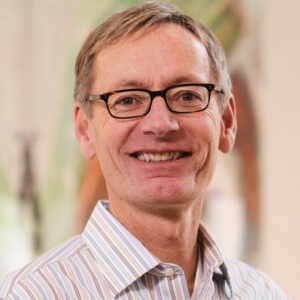
Globally, the large number of deaths due to COVID-19 has resulted in a similarly high number of people experiencing grief and bereavement. Attending to the needs of grieving individuals will be a critical public health issue for years to come. Moreover, the nature of the circumstances surrounding many COVID-19 deaths (e.g., rapid decline, invasive medical procedures, separation from family, inability to participate in usual mourning) may contribute to more severe and protracted grief. Individuals with known risk factors (e.g. anxiety, depression, lowered resilience) may experience more chronic dysfunction. The purpose of this project is to understand the psychological and social context of COVID-19-related bereavement, through qualitative interviews and newly-validated COVID-19 measures. Information about the experience of grief due to a COVID-19 death will guide subsequent efforts to develop an effective, scalable intervention for COVID-19 bereavement.
The Cat’s Pajamas: Evolutionary Adaptation by Feral Cats in Australia
Partner institutions: The University of Queensland & The University of Melbourne
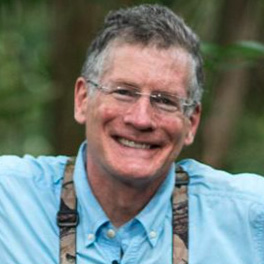
This project is a collaboration between Washington University, the University of Melbourne and the University of Queensland to study rapid evolution in Australian feral cat populations. This research will address outstanding questions about adaptation of introduced species to new environments. Despite arriving in Australia only 230 years ago, cats now occur across the continent and on most large islands, in a wide range of habitats. The team’s hypothesis is that cat populations will have evolved adaptations in their coat color, hair length and limb length to adapt to the different environmental demands of living in open hot habitats, such as deserts, and cool, closed habitats like forests. This project will seed more detailed collaborative work investigating the genomics of adaptation and the mechanisms of natural selection.
Europe & Middle East
Enslavement in Eastern Europe
Partner institution: Freiburg University, Department of Sociology, Germany
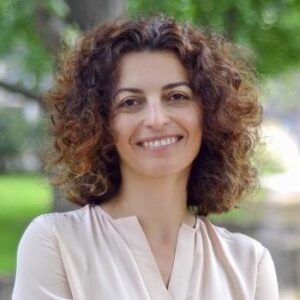
This project is an interdisciplinary international collaboration between a literary studies scholar (Anca Parvulescu) and a sociologist (Manuela Boatcă). With the help of this funding, they will start a project studying the enslavement of Romani people in Eastern Europe. They will write an article placing this history of enslavement in a global perspective and in a comparative framework of analysis. The project contributes to comparative studies of slavery through a focus on a neglected form of enslavement—its infrastructure of labor exploitation, its racialized ideological underpinnings, and its relation to coloniality and the capitalist world-system.
Advancing Social Mobility in Israel’s COVID-19 Pandemic Recovery
Partner institutions: Reichman University (IDC Herzliya) & Hebrew University of Jerusalem, Israel
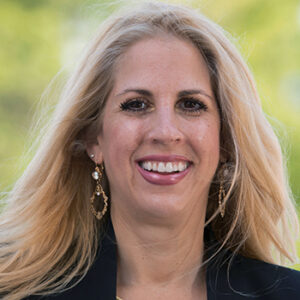
Households across Israel are struggling with the social and economic impacts of the COVID-19 pandemic. Unlike other global recessions, the COVID-19 economy shows signs of widening existing inequalities and adding greater burden to those who have fewer means to weather the crisis. There are additional opportunities to learn from Israel’s COVID-19 pandemic response, as the country begins curbing COVID-19 and nearing a pandemic recovery due to its rapid vaccine rollout. The Social Policy Institute (SPI) at Washington University in St. Louis is fielding a series of surveys to understand the pandemic’s impacts in Israel. These national, longitudinal surveys create a unique opportunity to examine the implications of the pandemic and Israel’s related policy responses. This “Socioeconomic Impacts of COVID-19 Survey” in Israel builds off a similar initiative in the U.S. By collecting data across two countries, SPI researchers perform comparative analysis, in addition to looking at each country individually. Additional waves of the survey will help generate important data on vaccination and Israel’s pandemic recovery.
Greater China
Development of a Miniaturized Photoacoustic Microscope for Point-of-Care Applications
Partner Institution: Hong Kong University of Science & Technology
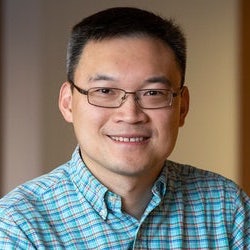
Photoacoustic (PA) microscopy (PAM) utilizes the absorption of the pulsed light energy by tissue to induce ultrasonic emission through thermal-elastic expansion. Two dominant intrinsic absorbers are oxyhemoglobin and deoxyhemoglobin in blood vessels. Therefore, PAM enables label-free in vivo functional imaging, especially the measurement of blood oxygenation (i.e., sO2). However, costly and bulky lasers, such as Q-switched diode-pumped solid-state laser, are usually required to generate high-energy light pulses with a short pulse width for PA signal generation, preventing the wide usage of PAM for point-of-care applications. To address this challenge, this research team will develop a low-cost miniaturized PAM system by using laser diodes (LDs) as alternative excitation sources and explore the feasibility of using two LDs with different wavelengths for sO2 monitoring. This hardware innovation, in combination with advanced computational techniques, will enable bedside detection of a wide range of vascular disorders.
Learning Global Climate Systems using Computational Topology
Partner institution: National Taiwan University

Climate change has posed numerous serious threats to the Pacific Islanders, including sea-level rise, water balance failure, and biodiversity loss. Holistic understanding of the climate system is an essential step to improve the adaptability and preparedness to such events. Owing to the high nonlinearity and chaoticity, classical data analysis methods express severe performance degradation in analyzing and predicting the dynamics and the state of the climate system. In this project, the research team will combine the ideas and strength of topology, machine learning, and environmental science to establish novel computational data-analytics approaches to enable and facilitate the analysis and learning of complex, large-scale Pacific rainfall patterns. This project will not only promise significant advancement of the field of topological data science, but also inspire innovative thinking and multidisciplinary viewpoint toward building valid forecasting models for risk assessment in climate change.
Data-Driven Design and Discovery of Topological Superconductors
Partner institution: Fudan University, China

Topological superconductivity is considered as a linchpin technology for future quantum computing technologies due to its ability to encode information in a faulty-free fashion. However, topological superconductivity is a highly unusual quantum phenomenon and experimental realization of topological superconductor-based computation is far behind the theoretical proposals due to the lack of proper materials. To directly bridge this gap, this collaborative research project seeks to accelerate the discovery of topological superconductors, using combined techniques of data-driven machine learning, single crystal synthesis and quantum transport and thermodynamic measurement. A successful execution of this project will identify suitable topological superconductors that could be potentially used for quantum computers and therefore lay the foundation to a faulty-free quantum computation that is at the core of the next generation of computational techniques.
South America
Genetic Factors in Predicting Progression of Nonalcoholic Fatty Liver Disease in Urban US versus Argentinian Subjects
Partner institution: University of Buenos Aires-CONICET, Argentina

Nonalcoholic fatty liver disease (NAFLD) is the most common liver disease in the world, whose prevalence of NAFLD closely mirrors underlying metabolic conditions including obesity and type 2 diabetes. NAFLD may progress into an inflammatory condition called nonalcoholic steatohepatitis (NASH) with advanced liver disease including fibrosis, cirrhosis and liver cancer. However, despite decades of research, the factors underlying the progression of NAFLD®NASH®cancer remain poorly understood. There is a major imperative to understand how and why NASH progresses because there are no approved therapies. Furthermore, liver cancer arising in patients with NAFLD and NASH is among the most rapidly increasing cancers worldwide. In this study, the research team will identify distinctive pathways associated with NASH progression, fibrosis and liver cancer from different populations (US urban vs Argentinian). Their long-term goals are to discover druggable targets for NASH with worldwide impact and to strengthen the academic collaboration through scientific discovery and future grant applications.
Enhancing Medical Genetic Services and Family Counseling for Alzheimer’s Disease in Chile
Partner institution: University of Chile
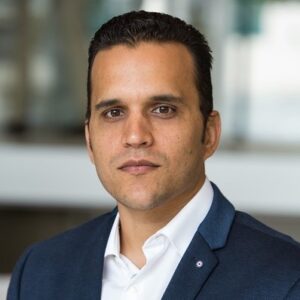
Pre-symptomatic genetic testing for individuals with dominantly inherited Alzheimer’s disease (DIAD) is now attracting interest due to the existence of therapeutic trials available to this population. Although the main drivers influencing the decision to seek genetic testing have been widely studied in High-Income Countries (HIC), these reasons remain relatively unknown in Latin America, where educational level, religious principles and cultural beliefs may pose different challenges for genetic testing and counseling. Chile has recently implemented a National Plan for Dementia, but it does not include tailored diagnostic or therapeutic interventions for DIAD populations. This project seeks to identify new DIAD families in Chile and evaluate whether the current framework for providing genetic counseling may be suitable to families living in Chile. Results from this project may shed light on the need to enhance medical genetic services and family counseling in Chile, leading to additional support from stakeholders and policymakers.
Edges of Privacy: Open Access Walkways in Collective Housing
Partner institutions: University of São Paulo, Faculty of Architecture and Urbanism, Brazil & Universitat de Rovira i Virgili, Spain

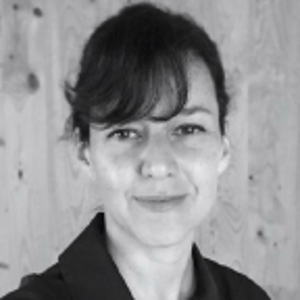
The team will study, document with architectural drawings, and analyze spatially and socially selected examples of architect-designed collective housing in Europe and Latin America. The project will explore historic and contemporary built examples of open walkways in housing, both successes and failures in The Netherlands, Spain, Brazil, Puerto Rico and elsewhere. Through research, analysis, careful redrawing of selected case studies, the team seeks to examine the modes of interaction afforded by design and the potential for this access type. This research will result in an illustrated academic publication. The project involves collaborations with partner institutions in Brazil (Faculty of Architecture and Urbanism at the University of São Paulo) and Spain (Universitat de Rovira i Virgili).
South Asia
The Toll of COVID-19 on Mental Health of People with Disabilities and Mental Illness
Partner institutions: Tata Institute of Social Sciences, Vidya Vardhini Foundation Trust & Lokmanya Tilak Municipal Medical College and Hospital, India
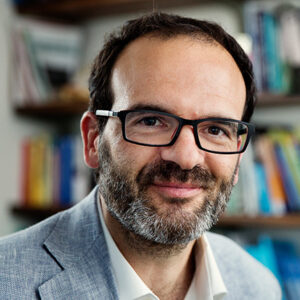
Awareness around the global mental health impact of the pandemic has become a concern for researchers. Indeed, COVID-19 threatens livelihoods, limits access to basic commodities, and further compounds systemic inequities. Yet, the extent of this impact on disenfranchised communities, including people with mental illness and disabilities, remains poorly understood; especially in Lower-and Middle-Income Countries (LMICs). Similarly, little is currently known about how disenfranchised communities are coping with the effects of the pandemic. Using mixed methods, this study will address these issues by examining the extent and complexity of the psychosocial impacts that COVID-19 has on the wellbeing of people with mental illness and/or disabilities and their caregivers, residing in Trombay, an urban slum in Mumbai. Additionally, it seeks to understand the resilience of these actors and their mechanisms and resources for mitigating and coping with the impact of the COVID-19 pandemic.
Development of a Droplet and Particle Levitation System for High-impact Research on Cloud Processes and Airborne Transmission of Respiratory Diseases
Partner institution: Indian Institute of Technology Bombay

Clouds strongly influence the global climate and have long been the largest uncertainty in the projection of future climate. The properties of clouds and their impact on climate are driven by a variety of processes that remain poorly understood, including formation, growth, and evaporation of cloud droplets and ice particles. In addition to the strong impact on climate, droplets and aerosol particles are also among major vectors of transmission for respiratory diseases, such as COVID-19. In this project, the research team aims to develop a system that can levitate individual droplets and aerosol particles for long periods of time under a wide range of precisely controlled conditions. This system will enable cutting-edge research of key processes that impact the cloud properties and the airborne transmission of respiratory diseases.
From our world-renowned McDonnell International Scholars Academy to groundbreaking and collaborative research projects around, to our extensive international exchange programs, our community is dedicated to creating positive global impact.
